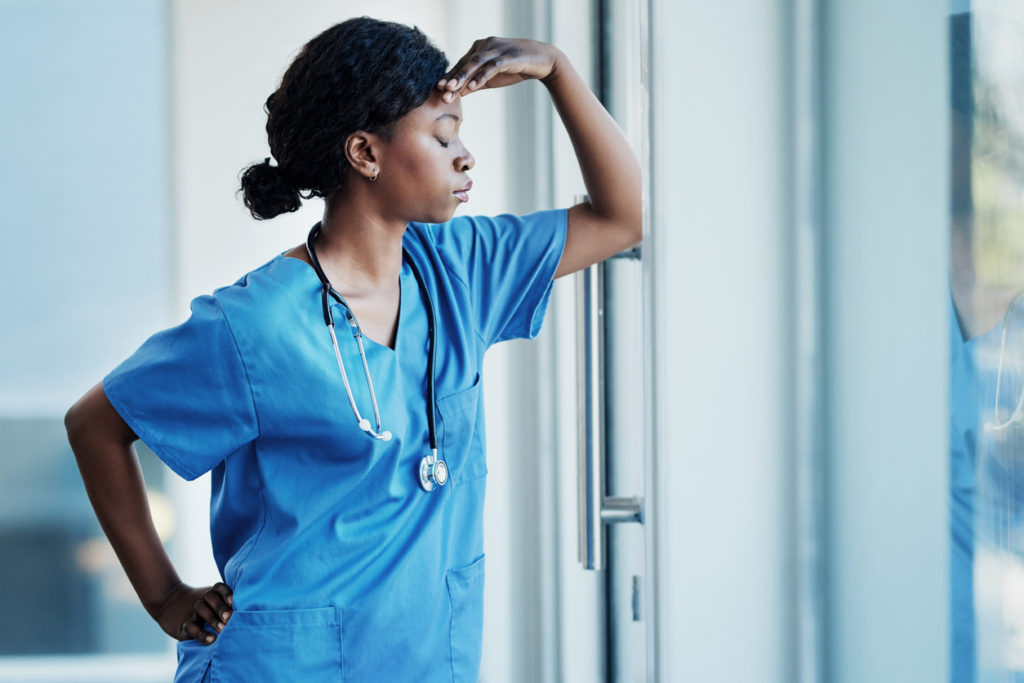While it may seem like an absurd claim, there is mounting evidence to suggest that circadian disruption is carcinogenic. And one of the most efficient ways to disrupt sleep is to work rotations, or even worse, to be on-call while sleeping. The dangers of working odd hours may come as a surprise to the general public, yet among scientists, it has been on the radar for some time. In fact, the International Agency for Research on Cancer classified shift work as a probable carcinogen more than 10 years ago.
But shift work enables the 24/7 support and protection from public services and first responders such as police officers, firefighters, doctors and nurses. So can anything be done?
A 2017 study involving 200,000 nurses revealed that those who worked on rotating shifts were far more likely to develop breast cancer. This was especially true for those who worked long-term, rotating night-shifts and for those who rotated shifts as a young adult.
Shift work appears to affect more than just those in the health-care fields. Other research has revealed that airline cabin attendants have an increased risk of breast cancer. Previous studies have shown that shift work operators in the fertilizer industry had the highest mortality rates for all cancers.
A more recent study published in January helped to shed light on the previous findings. As part of the experiment, scientists gathered baseline samples from full-time doctors after consecutive days of quality sleep. They then compared the baseline to samples taken after the doctors were required to work overnight, on-site. They found that those who worked overnight had more DNA breaks and less DNA repair. This finding is particularly significant as DNA damage is strongly linked with the development of chronic diseases.
Tips to Help Improve an Unconventional Schedule
Working during the night and sleeping during the day has its difficulties: more light, more noise and more distractions. Here are some tips to help:
Dim Your Senses
Earbuds, an eye mask and a disciplined routine are a very worthwhile investment. You might also want to stay away from technology an hour or so before bed, and if possible, try to create an environment with dim, warmer lighting (tinted glasses are a nice little hack for this). Staying away from the news or anything that’ll get your mind racing before bed can help you get to sleep faster.
Breathe
To enhance relaxation, try some stretching and breathing exercises to help you unwind. Try this simple breathing exercise: breathe in for 6 seconds, hold for 7 seconds, and breathe out for 8 seconds. If you do this for 5 or so rounds, you’ll be noticeably calmer, which will assist sleep.
Watch Your Diet
Working unconventional hours can also promote bad habits. Closed shops and a confused body clock might take a toll on your diet. Quick and easy, processed food might be more appealing than cooking dinner at 8 a.m. Try prepping ahead of time and stock up on healthy snacks. With darkness outside, you might also spend less time exercising and more time in front of a screen. To combat this, you might want to join a 24-hour gym.
Find Friends
An often overlooked area is socializing. Many find it hard to make social plans during the week as it is, let alone in the middle of the night when your friends and family are tucked up in bed. A solution might be to make the most of the weekends or to find some fellow night owls. Also, check when you’re eating your meals. Research has shown that eating within a limited window — such as 9 hours — can provide profound health benefits, yet this can easily go amiss if you’re constantly changing your body clock.
What about Ethical Concerns?
While it makes a lot of sense to do what we can to reduce the impact, are we enabling an unethical practice? Is it fair for employers to ask their staff to work rotating shifts and thus compromise their health? Perhaps with some professions such as doctors and firefighters, it is truly needed to have people available during the night. But maybe we could find ways of offsetting the negative side effects. Perhaps they could rotate less often, work fewer hours or have more time off. The potential dip in output and profit would be a modest sacrifice for the improved health of those who help put food on their table.



